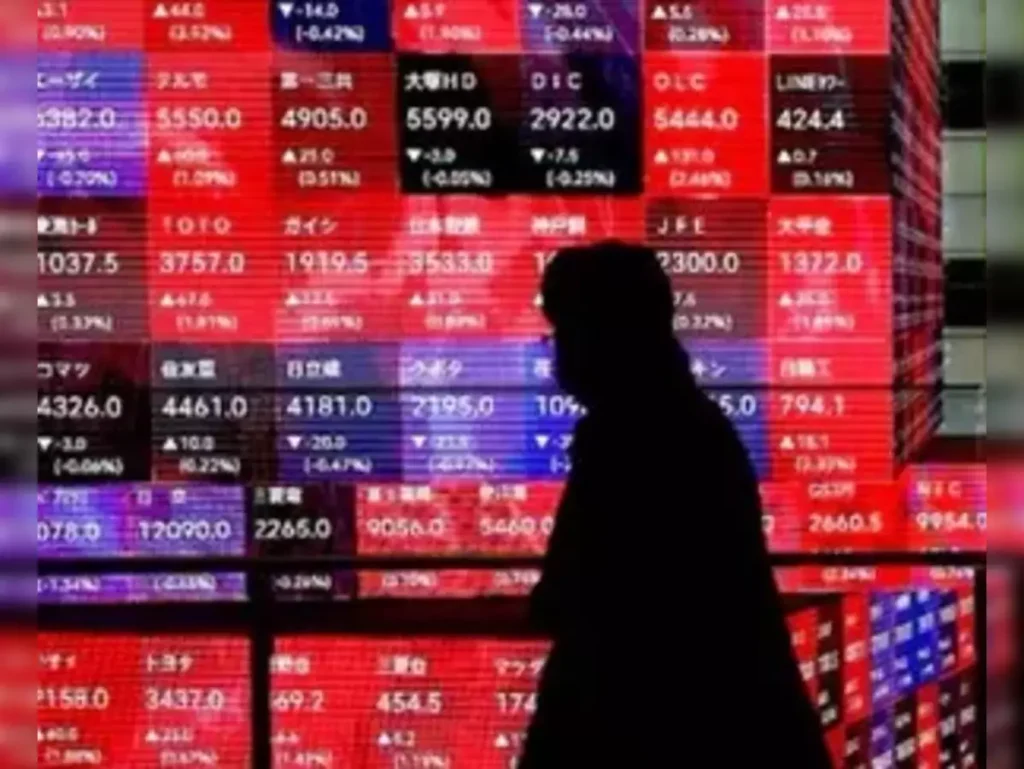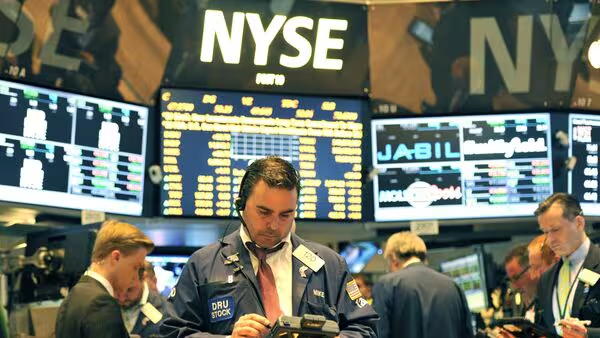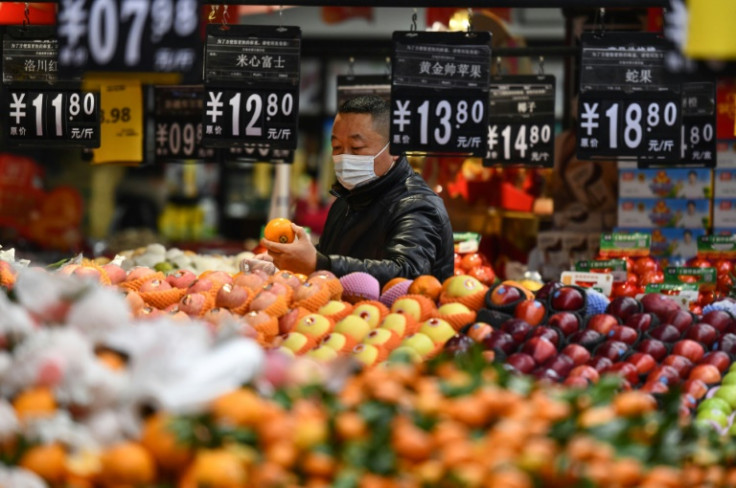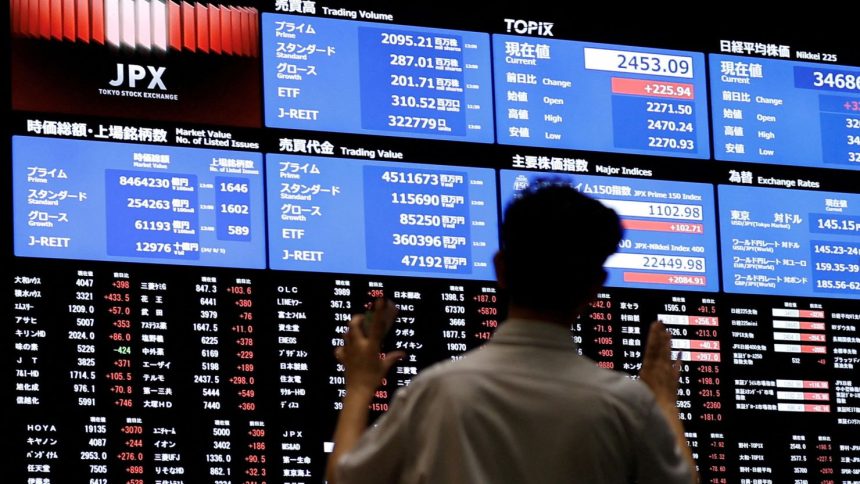Asian stocks saw a decline as South Korea’s sudden political turmoil unsettled investors. The unexpected imposition and swift revocation of martial law by South Korean President, Yoon Suk Yeol has thrown the nation into political crisis, sparking fears of broader instability. This development, coupled with ongoing global economic challenges, has increased caution among investors.
South Korea’s benchmark Kospi Index dropped as much as 2.3% on Wednesday, reflecting widespread concern over the nation’s political future.
South Korea-related assets took a hit overnight, contributing to a broader decline in Asian markets. The MSCI Asia Pacific Index fell by 0.4%, with shares declining in key economies such as Australia, Japan, and mainland China.

Interestingly, the South Korean won recovered slightly in Wednesday’s trading after an overnight dip, signaling some resilience amid the upheaval.
The political crisis happened late Tuesday when President Yoon briefly declared martial law, a move that was quickly rescinded but not before fueling fears of prolonged instability. The opposition Democratic Party has since called for Yoon’s impeachment and accused the president, along with his defense and safety ministers, of treason.
READ ALSO: Grayscale Proposes Solana Spot ETF to the SEC Amid Growing Interest in Crypto Products
David Chao, a global market strategist at Invesco, highlighted the evolving nature of the crisis: “The situation remains dynamic and evolving, and markets could continue to experience volatility as the existing cabinet is likely to be reshuffled and a possible impeachment process could be evaluated. However, these developments are unlikely to have any lasting effects on the economy and financial markets.”

Charu Chanana, chief investment strategist at Saxo Markets, echoed similar sentiments, emphasizing that the prompt response from South Korean authorities might limit the broader economic impact: “There’s certainly some lingering uncertainty, but the quick response from Korean authorities means that the impact on the region could remain limited.”
The Bank of Korea has stepped in, pledging to increase short-term liquidity and take active measures in currency markets to maintain stability.
READ ALSO: China Stops Export of Key Semiconductor Minerals, Expanding Trade War with the U.S.
Meanwhile, China’s economy remains under pressure despite efforts by its central bank to stabilize the yuan. After the currency hit a one-year low, the central bank set a significantly stronger-than-expected daily reference rate, providing temporary relief. The yuan edged higher, but a private survey revealed that the country’s services sector expanded at a slower pace than the previous month, signaling sluggish consumer demand despite recent stimulus efforts.

In Australia, the economic outlook remained tepid as data showed sluggish growth for the three months ending in September. The Aussie dollar extended its decline, falling by 1%. Elsewhere, Treasury 10-year yields inched higher to 4.22%, reflecting continued caution in bond markets.
US equity futures offered a glimmer of hope, edging higher after the S&P 500 reached a new record. Investors now await critical signals from the Federal Reserve and this week’s US payrolls report for clarity on the direction of interest rates.
READ ALSO: South Korea Declares Emergency Martial Law Amid Political Crisis
The Federal Reserve’s next steps remain a focal point for global markets. Recent data shows US job openings picked up, while layoffs eased, suggesting stability in the labor market. Federal Reserve Bank of San Francisco President Mary Daly noted that a rate cut this month is not guaranteed but remains a possibility.
Political unrest in France has also added to the global uncertainty. President Emmanuel Macron urged lawmakers to put aside political ambitions and reject a vote that could topple his government, further fueling investor caution.

In commodities, oil prices steadied after their biggest advance in over two weeks. Gold also stabilized, driven by increased demand for safe-haven assets amid political instability in South Korea and France.
As global markets navigate these turbulent times, investors are watching closely for developments in South Korea, China, and the US. Political instability, economic data, and central bank policies will play pivotal roles in shaping the trajectory of markets in the coming weeks.
The world’s interconnected economies and financial systems are being tested, underscoring the need for resilient and adaptive strategies. For now, the markets remain a reflection of both uncertainty and opportunity.

